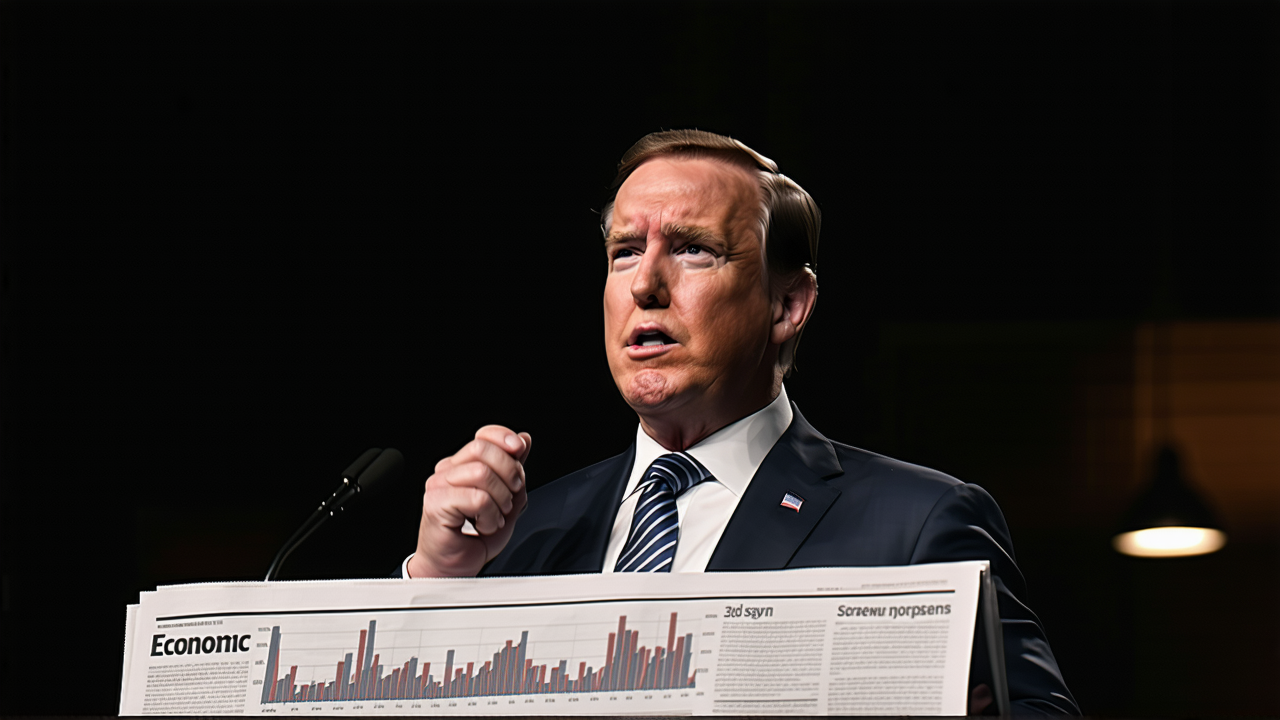John Key Is Right on Interest Rates, But New Zealand Needs More Than That – Richard Prebble
John Key Is Right on Interest Rates, But New Zealand Needs More Than That – Richard Prebble
Sir John Key has once again made headlines with his bold call for a 100 basis point cut to New Zealand’s Official Cash Rate (OCR). As a former Prime Minister and one of the most influential political figures in the country’s history, Key’s insights are always worth considering, especially in the current economic climate. But while he is right on the need for lower rates, his argument only scratches the surface of what New Zealand needs to truly recover and thrive.
The Economic Reality
The Reserve Bank’s GDP tracker paints a bleak picture: the economy is shrinking, with quarterly growth at just 0.261% and annual growth down 0.53%. Inflation, though lower than previously, still stands at 2.18%. The data strongly supports Key’s claim that the OCR is too high, stifling growth and potentially damaging the government’s economic performance ahead of the next election.
Key argues that the central bank has made a series of missteps — first keeping rates too low, then too high — which has had a detrimental effect on the economy. He also points to the Reserve Bank’s quantitative easing policies as a factor in the inflation that contributed to the collapse of the previous government. Now, with interest rates too high, the economy is at risk of further decline.
A Call for Leadership
Key’s recommendations go beyond just cutting rates. He suggests that the government should consider appointing a more qualified central banker — perhaps himself or Professor Robert MacCulloch, who has long warned about the risks of excessive quantitative easing. His argument is that the government has no clear plan for replacing Adrian Orr, the former Reserve Bank Governor, and that Key’s experience and judgment would be invaluable in times of economic uncertainty.
However, Key’s call for lower rates might not be enough to win the next election. The real challenge lies in addressing the deeper structural issues that have been dragging New Zealand down the OECD rankings for years. These include stagnant productivity, a bloated bureaucracy, and an over-regulated economy that stifles innovation and investment.
Reforming the Economy
New Zealand’s economy is heavily dependent on government spending, with public expenditure accounting for nearly 41.4% of GDP in 2023. This leaves the private sector struggling to generate the investment, wealth, and exports needed for long-term growth. The country also lags behind its peers in areas such as compulsory superannuation, education reform, and healthcare efficiency.
Richard Prebble argues that New Zealand needs to adopt policies that have worked in other countries. For instance, Australia’s compulsory superannuation model has driven significant investment into the economy. Similarly, Singapore’s approach to healthcare — based on compulsory savings, price transparency, and private providers — has yielded better outcomes at lower costs.
Prebble also highlights the need for economic reforms such as the Regulatory Standards Bill, which aims to reduce bureaucratic barriers and improve the business environment. He also calls for a reevaluation of the ban on foreign home buyers, arguing that it discourages investment and expertise from entering the housing market.
Looking Ahead
While Key’s call for lower interest rates may help the economy recover in the short term, the real challenge lies in implementing long-term structural reforms. Without addressing the deep-rooted issues that have been holding New Zealand back, the country will continue to slip in global rankings and fail to deliver the prosperity its citizens deserve.
In the end, Key’s vision for the economy may win the next election — but only real reform will return New Zealand to the top tier of the OECD.
